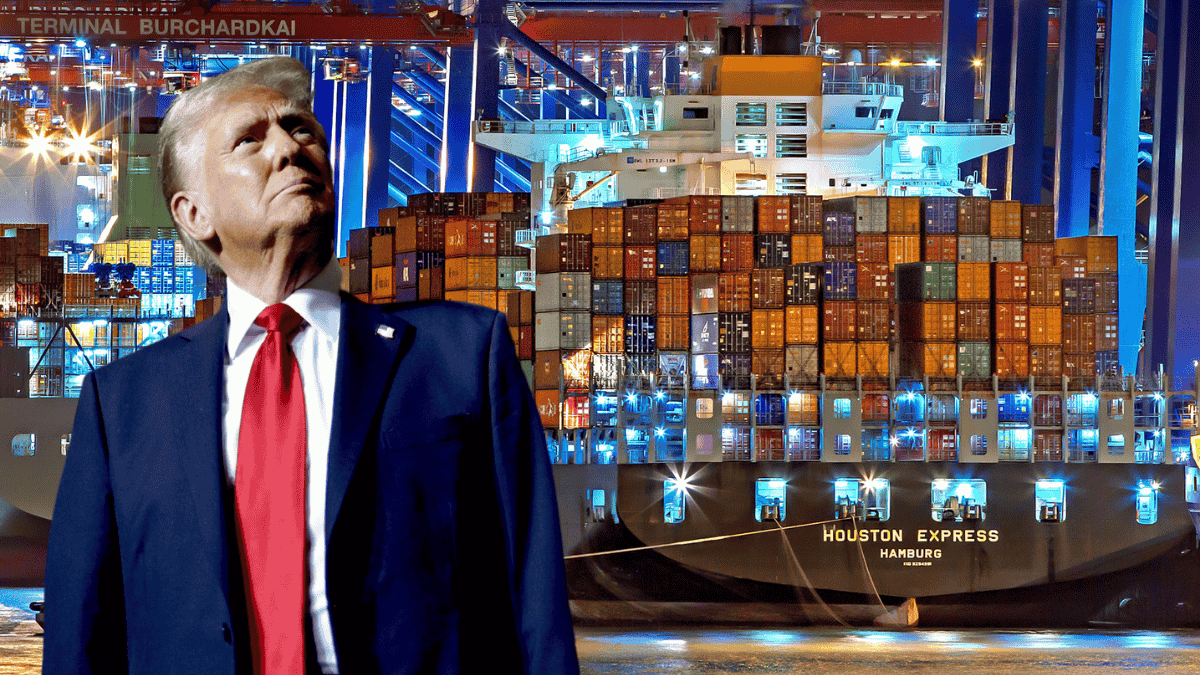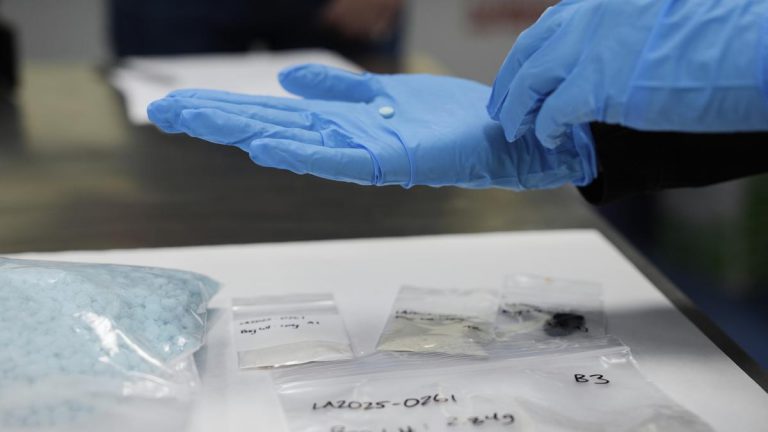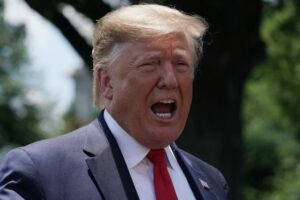India and the United States are set to take forward talks on a bilateral trade agreement. The final round of face-to-face negotiations are expected to take place in New Delhi this week. As per earlier reports on Financial Express.com, the US delegation is scheduled to arrive on June 5 or 6.
The two countries aim to conclude the deal by the last week of June, before the 90-day pause on US reciprocal tariffs ends on July 8.
India is looking to avoid an additional 26 per cent duty on its exports.
The 26 per cent additional duty was announced by US President Donald Trump on April 2 under his reciprocal tariff policy. The interim deal is seen as crucial to prevent these new duties from taking effect.
“We are well on track in our Bilateral Trade Agreement (BTA) with the US,” Commerce and Industry Minister Piyush Goyal said during the Annual General Meeting of industry body CII last week.
India eyes export boost through US deal
India is also hoping the agreement will help boost its struggling goods exports. In its latest economic report, the Finance Ministry said the deal with the US could help flip “headwinds into tailwinds” for outbound trade.
“There are only a few areas where we actually compete. Most areas are where we can complement each other,” said Rajesh Agrawal, India’s chief negotiator. “If we can do a good trade deal, this can actually be a defining partnership in the trade arena.”
India to press US for full rollback of April 2 tariffs
According to Bloomberg sources, New Delhi will urge Washington to scrap all tariffs announced on April 2 and press for the complete withdrawal of the 10 per cent baseline duty that President Trump imposed on trading partners.
The US had earlier rejected a similar demand when Piyush Goyal met US Commerce Secretary Howard Lutnick earlier this month. However, India is now firming up its stance, partly due to recent legal challenges to Trump’s tariff policies in US courts.
India opposing US demand for 60 per cent domestic value addition in trade deal
India also plans to resist Washington’s proposed rules of origin, which require 60 per cent of a product’s value to be added domestically to qualify as made-in-India. Instead, India is proposing a lower threshold of around 35 per cent.
A spokesperson for the Ministry of Commerce and Industry did not immediately respond to a request for comment by Bloomberg.
What has happened so far
Trade talks between the two sides initially aimed at concluding the first phase of the deal by autumn. But the sudden imposition of reciprocal tariffs in April pushed both countries to focus on a quicker, interim agreement. Over the past few months, both sides have engaged in quiet shuttle diplomacy, with three in-person meetings—two led by India and one by the US in March.
Rajesh Agrawal said the discussions are progressing well. “Hopefully, in these tough times, we will be able to navigate and come out with good outcomes sooner rather than later,” he said at the CII Business Summit.
He added that disruptions in global supply chains could work to India’s advantage. “Though it is a hugely challenging situation, I think for India, it’s a huge opportunity. We are a global, big market and a growing one.”
Tariff policy under legal pressure
Most of Trump’s global tariffs were ruled illegal by the US trade court last week on May 28, although a federal appeals court later put the decision on temporary hold. This legal uncertainty is influencing how countries—including India—are approaching trade talks with Washington.
US National Economic Council Director Kevin Hassett recently said that India is among the countries closest to finalising a deal.
Still, it is unclear whether Trump will agree to drop the 10 per cent universal tariff. Earlier this month, the US president said he would “always” impose a minimum 10 per cent duty on trading partners, although he did add there “could be an exception.” The baseline tariff was retained even in the US–UK trade deal.
Talks continue despite tension
Indian officials say they are closely following the legal proceedings in the US but will continue negotiations as planned. The upcoming visit of the US trade team is expected to advance the deal further.
India was among the first nations to start trade talks with the US this year. Prime Minister Narendra Modi’s government has made several concessions on trade and immigration to maintain momentum.
New Delhi had earlier proposed a deal structured in three phases, with the goal of reaching at least an interim agreement before the July deadline.
Even before the recent US court rulings, India had begun showing a more assertive approach. After China pushed back against Trump’s tariffs and secured some relief, India also threatened retaliatory duties on select US goods, especially in response to tariffs on steel and aluminum.









